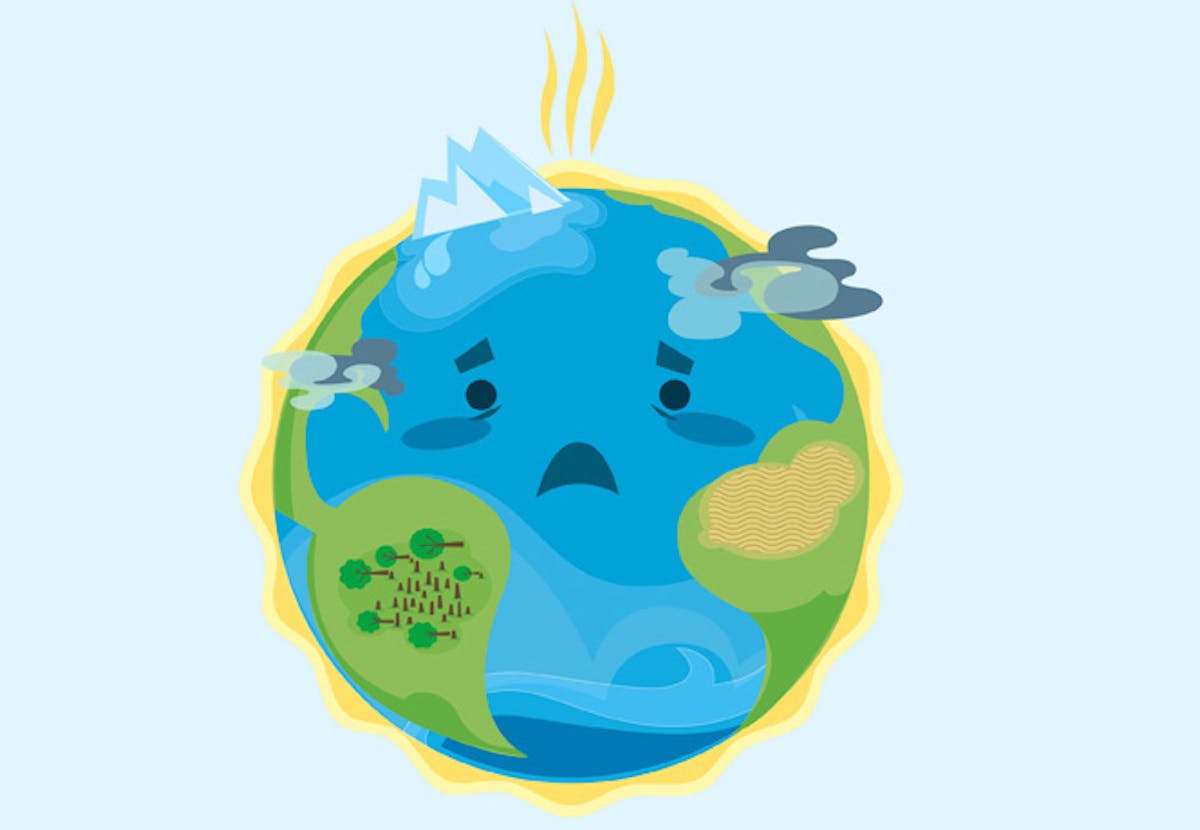The state of the oceans -- the topic of this month's Minnesota International Center "Great Decisions" dialogue -- hasn't made a splash in the presidential campaign, despite the threats from "ignorance, neglect and overuse," as described in Jim Cotner's commentary on the next page.
Maybe it's because "The Silent World," as Jacques Cousteau called the ocean in a best-selling book and Oscar-winning documentary, lost its voice when the oceanographer died in 1997.
Cousteau, of course, was French. But he embodied an American archetype of adventurer-advocate. Among others blazing a path (sometimes literally) were John Chapman, who was a nurseryman before becoming folklore legend Johnny Appleseed; John Audubon, whose studio was the woods; and John Muir, roughing it with Roughrider-turned-President Theodore Roosevelt in 1903 in what could be considered "the most significant camping trip in conservation history," said Ken Burns' documentary on the National Park System.
More recently, Rachel Carson's "Silent Spring" spoke volumes about pesticides. And those who recall Cousteau's Emmy-Award winning work will also remember Marlin Perkins exploring and explaining the animal world in "Wild Kingdom."
Today's conservation conversations are arguments. They rarely reflect the great outdoors, but rather air-conditioned courtrooms or Congress, where litigation or legislation mirrors our partisan paralysis. And far from Cousteau's or Carson's silent world or spring, they're noisy, and often voiced by the likes of Al Gore or Rush Limbaugh, who even supporters wouldn't project taking field notes.
Pop culture has evolved since Cousteau's time, too. Animal Planet's "Crocodile Hunter," Steve Irwin, was a breakout star. But his fame was more about his risk-taking than the risks the natural world faced. Irwin's tragic death hasn't changed his old channel: This week, Animal Planet's prime-time program grid had 10 hours of episodes of shows like "Call of the Wildman," "River Monsters," "Gator Boys" and "Hillbilly Handfishin'".
These extreme shows seem geared for Nielsen, not naturalists. This matters, said polar explorer Will Steger, an inspiration to many, who himself was inspired by "Silent Spring."
"There still is a Jacques Cousteau legacy. I think it's very important to have figures like that, who take us beyond the everyday politics, which is what's really killing us here in the United States," Steger said. "Jacques Cousteau could transcend a lot of those barriers and boundaries that separated people and nations, and get them together around the common cause of the ocean."
-----------------
John Rash is a Star Tribune editorial writer and columnist.
Ukraine aid vote is a domestic and geopolitical inflection point

Film festival shows the transformative power of art
NATO's strength in numbers makes U.S. more secure


